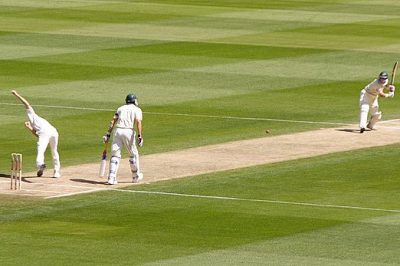Sports are a significant part of people’s lives around the world. They involve physical activities, often competitive, and can take various forms, such as team sports, individual sports, and recreational activities.
They have a rich history that spans thousands of years. The origins of many sports can be traced back to ancient civilizations, where they were often used for religious ceremonies, cultural celebrations, and training for war.
1. Ancient Greece: The earliest recorded references to sports date back to ancient Greece, where they were a part of religious festivals and cultural events.
2. The Romans: The influence of the Greeks on sports was significant, and the Romans adopted many of their practices. They also introduced new sports, such as gladiatorial contests, which were a spectacle for the masses.
3. The Middle Ages: Sports during the Middle Ages were often related to hunting and archery, as well as various ball games.
4. The Modern Era: The revival of sports began in the late 18th and early 19th centuries with the formation of sports clubs and associations.
5. Olympic Games: The first modern Olympic Games were held in Athens in 1896.
The basic rules and regulations governing the sport involves.
1-Teams and Rosters: Each team consists of a specific number of players, typically between 11 and 18, depending on the sport.
2. Equipment: Each sport has specific equipment that the players use to participate.
3. Fields and Facilities: Sports often require designated facilities and fields to be played.
Also Read: South China Sea reveals 100 million tons reserves
Sport has a significant global impact on culture and society. It can be a source of identity, tradition, and pride for individuals and communities and a catalyst for social change and development.
1. Cultural Expression: Sport is a crucial aspect of cultural identity and can be a means of expressing national pride and heritage.
2. Economic Impact: Sport generates significant revenue and creates employment opportunities.
3. Educational Benefits: Sport can help develop essential skills and abilities in young people, such as teamwork, leadership, and discipline. It can also encourage healthy lifestyles and help combat obesity and other health issues.
4. Social Impact: Sport can unite people, break social barriers, and promote social cohesion. It can also address social issues such as discrimination, racism, and gender inequality.
5. Health and Well-being: Regular participation in sports and physical activity can have numerous health benefits, including improved cardiovascular function, reduced stress levels, and increased energy.








